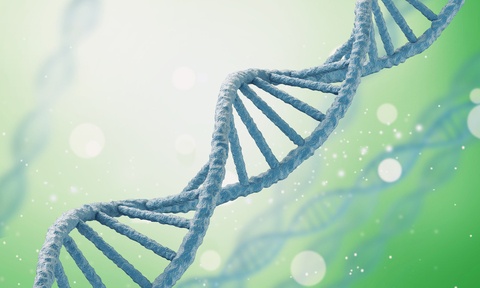Genes and Hope: The Promise of Personalized Treatment for Mesothelioma

A new study used advanced technology to understand the genetic details of mesothelioma. New results are pointing to potential ways to personalize treatment for this rare and aggressive cancer.
Mesothelioma starts in the thin lining around our organs. It is caused by exposure to asbestos. This cancer is known for being hard to treat and having few options for therapy. But recent research brings some hope.
Exploring Mesothelioma with Sequencing
Sequencing technology has been a big help in studying mesothelioma. It helps us understand its genetic makeup. One important finding is that more than 20% of the time, there are genetic issues. These issues may affect crucial genes called tumor suppressors. Some of the most common mutated genes in mesothelioma are BAP1, CDKN2A, NF2, SETD2, and TP53.
While finding these genetic issues is a big step, turning this information into effective treatments is tough. Right now, there isn’t enough evidence to show that directly targeting these genetic problems with drugs works well. This creates a gap in developing personalized treatments for people with mesothelioma.
A Hopeful Approach with Personalized Medicine
A small number (1-2%) of mesothelioma cases have mutations in genes that encourage cancer growth (oncogenes). There are already drugs designed to target these specific mutations. This opens up the possibility of a more personalized treatment for mesothelioma. These patients might benefit from existing targeted therapies.
The main challenge in mesothelioma is linking genetic discoveries to practical treatment plans. As we dig deeper into understanding its genetic code, researchers are working on ways to create targeted therapies.
The ultimate goal is to use insights from these experiments to find new targets for drugs. And, they can make existing therapies better for each mesothelioma patient. Tailored treatments are based on the specific genetic details of each person’s tumor. Researchers are trying to improve outcomes and give more time to those dealing with this tough cancer.
Sequencing has changed how we see mesothelioma by revealing its complex genetic code. Even though there are challenges in turning this knowledge into effective treatments, the potential is big. Personalized treatment guided by sequencing give hope to people with mesothelioma. Ongoing research and collaboration in the scientific community are key to finding breakthroughs that can make a difference in the fight against this difficult disease.
Source:
Cerbone, Luigi, Sara Orecchia, Pietro Bertino, Sara Delfanti, Antonina Maria de Angelis, and Federica Grosso. “Clinical Next Generation Sequencing Application in Mesothelioma: Finding a Golden Needle in the Haystack.” CANCERS 15, no. 24 (December 2023): 5716. https://doi.org/10.3390/cancers15245716.





